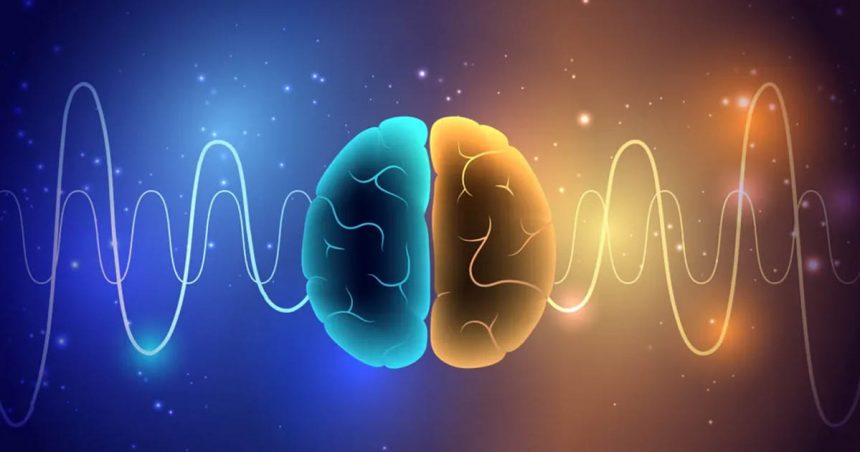In a groundbreaking study, scientists at the University of Louisville led by Dr. Ajmal Zemmar recorded human brain activity during death for the first time, unveiling intriguing insights into our final moments. The study observed rhythmic brain activity, suggesting the possibility of “life recall” where individuals may relive memories in their final seconds. The discovery occurred serendipitously when an 87-year-old man with epilepsy experienced a heart attack during EEG monitoring, providing researchers with a rare opportunity to record brain activity before and after death. The EEG recorded various wave types, including gamma oscillations linked to memory retrieval and dreaming, indicating a potential process of recalling significant memories before death. These findings challenge traditional definitions of death based on the cessation of heartbeat, as brain activity persisted even after the heart stopped. This raises important questions about defining death and its implications for organ donation. While the study was conducted on a single individual with epilepsy, similar patterns of brain activity have been observed in animals, suggesting broader implications. Scientists are now tasked with exploring whether these brainwave patterns are universal and occur in all individuals at the time of death, reshaping our understanding of life, death, and consciousness. This study not only sheds light on the mysteries of the human brain but also offers new insights and a sense of comfort about what may happen when we die.






